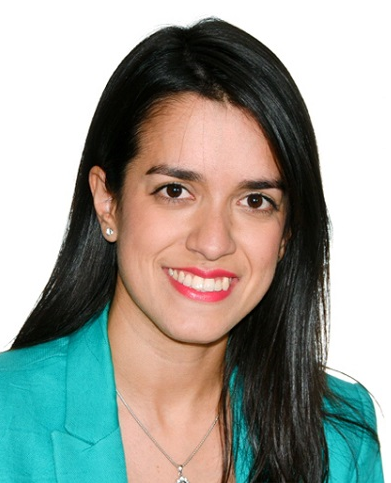- Globally addressing the population topic is essential and it should be done at all levels. Hence, we need to initiate open debates and have society participate in them, in this sense I think the role of religious institutions is key, under a different approach that signals prevention rather than simply promoting abstinence, and the impacts this can have on the society. Furthermore, in the age of interconnectivity, we must take advantage of the digital world to educate and communicate the younger generations on the challenges humanity is facing. I believe introducing sexual education at a younger age is necessary as the world needs to adapt to the current circumstances.
- Governments must consciously prioritize this subject in their agendas and implement policies that supports it, acknowledging the limitations of our planet, the scarcity of resources and assessing the environmental, social and economic impacts that population planning would bring them. For instance, in Venezuela the country with the highest rate of teenage pregnancy in South America, the government awards a small subsidy to pregnant women, yet medical health care remains abandoned and sexual education starts at an age girls might already be sexually active. Furthermore, the economic crisis makes it hard if not impossible to access contraceptives. Thus, efforts should be concentrated at prevention that could in turn improve the situation of the already shattered Venezuelan society.
– Carolina Rodríguez Balda


